| TIME |
AGENDA |
|
|
|
| Keynote Presentation |
|
|
| 09:30 |
Welcoming Speech, Opening Remarks & Thank You Sponsor Speech By Forum Producer |
|
|
|
09:35
|
Welcome Address By Forum Chairperson |
 |
Dr. Scott V. Valentine
Director & Senior Circular Economy Specialist
KPMG Australia |
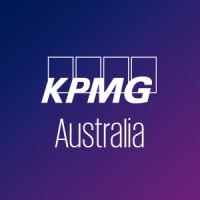 |
|
|
|
09:45
|
Potato Leadership’ For A Circular, Regenerative And Sustainable Future? |
 |
Councillor Jess Miller
City of Sydney |
 |
|
|
|
10:20
|
APCO And The Development Of The Circular Economy For Packaging In Australia |
|
Across Australia and around the world, governments are looking at ways to waste less and recycle more.
The NSW Circular Economy Policy will form the basis for a 20-year Waste Strategy for NSW, to be led by the NSW Environment Protection Authority (EPA) in partnership with Infrastructure NSW. The Strategy will set a 20-year vision for reducing waste, driving sustainable recycling markets and identifying and improving the state and regional waste infrastructure network. This session will explore NSW’s vision for its circular economy along with new policies and incentives brought to enhance sustainability. |
 |
Jayne Paramor
Sustainability Manager
Australian Packaging Covenant Organisation |
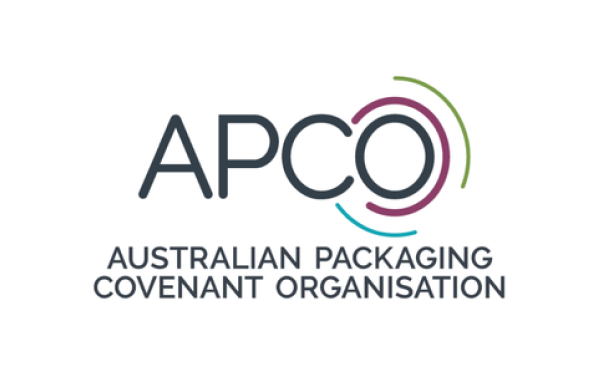 |
|
|
|
10:55
|
How New South Wales Is Turning Plastic Waste Into New Roads |
|
Australians use over 4 billion plastic bags annually, but only 3% are recycled as soft plastics can frequently clog sorting machinery at recovery facilities. The rest end up in landfills where they take centuries to break down, damage the ecosystem and is costing Australian governments over $200 million every year in cleanup efforts. City councils such as NSW’s Sutherland Shire Council are turning this around by using soft plastics and other wastes to convert them into roads.
Sutherland Shire Council launched the project this year which has collected over 176,000 plastic bags and packaging and glass from around 55,000 bottles that have been diverted from landfill to build a road in the Sydney suburb of Engadine. By melting down this refuse and turning it into bitumen additive, Sutherland Shire Council is creating roads with 65% better fatigue resistance under heavy traffic. Such roads also require less virgin materials to make, and last longer than standard asphalt counterparts, thereby cutting down on building, maintenance and repair costs. |
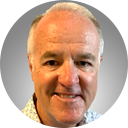 |
Ian Drinnan
Manager/Principal Environmental Scientist
Sutherland Shire Council |
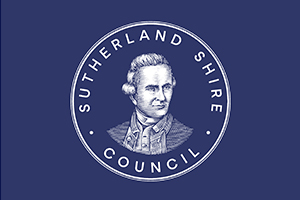 |
|
|
|
| 11:30 |
A Case Study On Randwick City Council: RecyleSmart Pickup – An Innovative Waste Collection Solution For Residents |
|
RecycleSmart is revamping the outdated trash pick-up and disposal industry by infusing smart technology with a fresh business model to create a service that fits modern standards.
The result is optimized daily operations, reduced costs, and increased waste diversion by.partnering with councils and providing a convenient and reliable recycling service for residents and businesses. |
 |
Giorgio Baracchi
CEO | Co-Founder
RecycleSmart |
 |
|
|
|
| 12:00 |
Lunch Break |
|
|
| 13:00 |
Towards A Circular City: Place As Living System |
|
SIn Towards a Circular City: Place as Living System, Hatch RD partner Stephen Moore identifies the concept of place as living system to accelerate the transition towards circular cities. Drawing on international precedent and practical case studies from around Australia, Stephen illustrates the evolution of Hatch RD’s Seven Essential Elements of Great Places into living systems where regenerative design processes and new tools to quantify the performance of circular cities accelerate positive impact for all.
|
 |
Stephen Moore
Director
Roberts Day |
 |
|
|
|
13:35
|
Panel Discussion – Addressing The Challenges And Tapping Opportunities Of Urban Sustainability |
|
- Preparing for the influx – How cities can ready themselves for the future population spike through sustainable city planning
- Meeting the demand – Finding long-term solutions to rising urban energy needs
- Boosting urban mobility – Sustainable transport solutions to help reduce traffic
- Waste not, want not – Why effective waste management is needed to improve quality of urban life
|
 |
Moderator:
Dr. Scott V. Valentine
Director & Senior Circular Economy Specialist
KPMG Australia |
 |
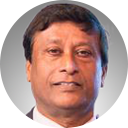 |
Scientia Professor DEO Prasad AO FTSE
CEO
CRC for Low Carbon Living |
 |
 |
Melissa Neighbour
Managing Director and Principal Planner
SKY Planning |
 |
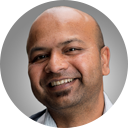 |
Dr. Nimish Biloria
Associate Professor, Empathic Environments, School of Architecture, Faculty of Design, Architecture and Building
University of Technology, Sydney (UTS)
|
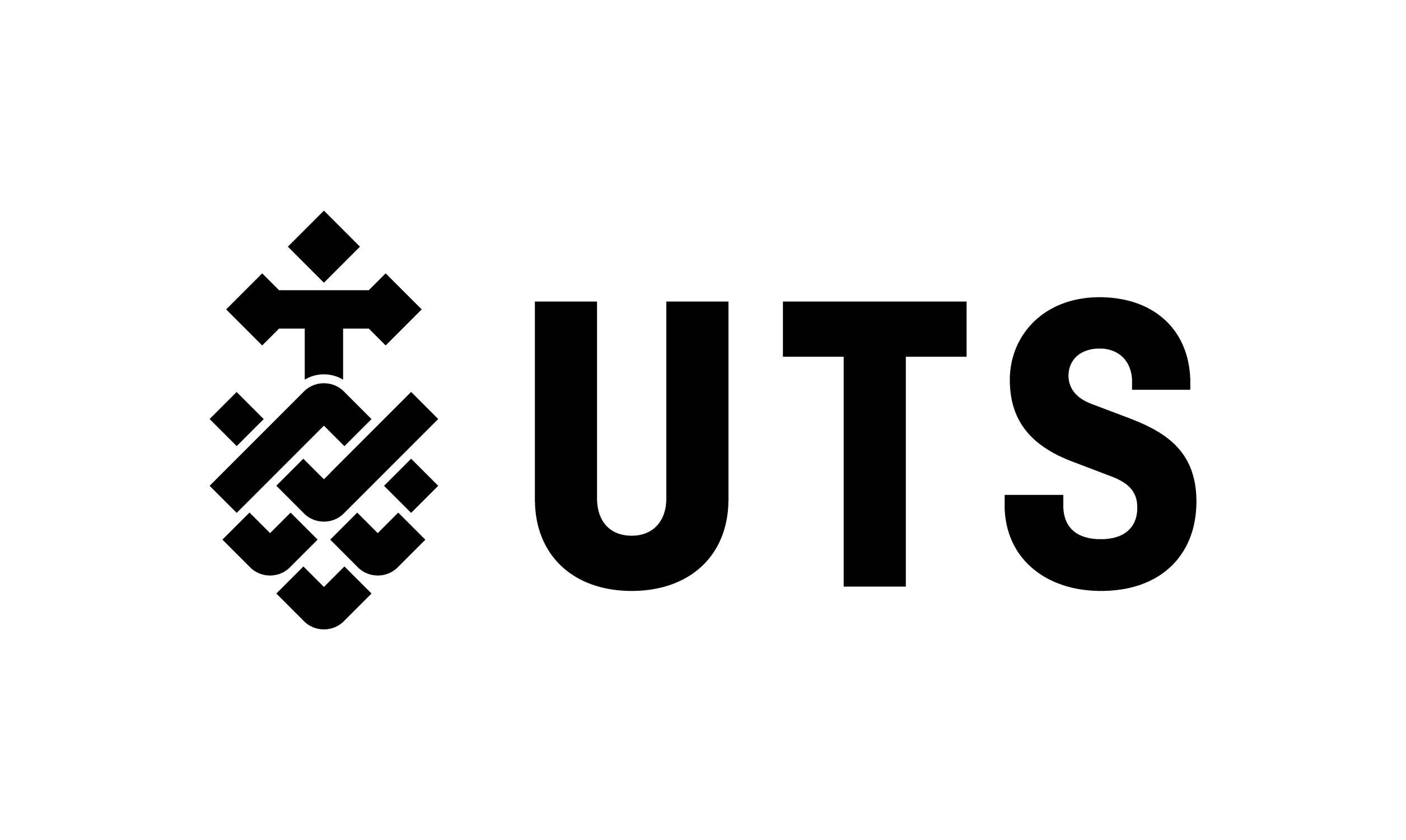 |
|
|
|
| 14:30 |
Solution To Australian’s Plastic Recycling Problem: Recycling Plastic Into Fuel Or New Plastics |
|
Australian scientists Len Humphreys and Sydney University professor Thomas Maschmeyer, have developed a technology that could make all plastic recyclable, as the country grapples with how to deal with its waste crisis. The patented technology was created to process plastics that cannot currently be recycled.Australians throw out 3.5 million tonnes of plastic each year, but currently only around 10 per cent of it is recycled. The rest is either burned, buried or shipped overseas.
The Catalytic Hydrothermal Reactor (Cat-HTR) uses chemical recycling that changes the plastics at a molecular level using hot water at a high pressure to turn them back into oil. The oil can be turned into bitumen, petrol or back into different kinds of plastics.
|
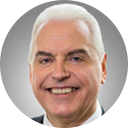 |
Dr. Len Humphreys
CEO
Licella Holdings |
 |
|
|
|
| Sustainability In Action |
|
|
|
| 15:05 |
Open Space Solutions For Local Government And Councils: How APR Is Providing Long-term Infrastructure Assets That Are Fit for Community Purpose From Plastic Waste |
|
A South Australian company is taking plastic waste from things like shampoo and milk bottles, then adding it to timber waste from mills in the South East and turning it in to things like fence posts. APR works closely with councils and national parks across Australia to provide long-term infrastructure assets that are fit for community purpose, sustainable, robust and cost effective. |
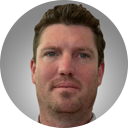 |
Ryan Lokan
CEO
Advanced Plastic Recycling |
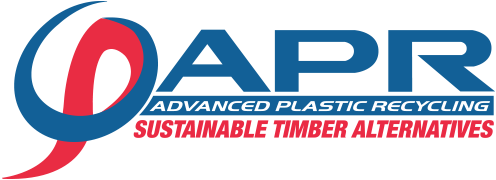 |
|
|
|
| 15:40 |
Reducing The Act’s Plastic Consumption – Phasing Out Single-use Plastic |
|
- The journey from community consultation to legislative development and implementation
- Achieving results through collaboration – working across governments and interest groups
|
 |
Kate Brennan
Solution Design Lead, Policy and Legislative Solutions
Transport Canberra and City Services Directorate | ACT Government |
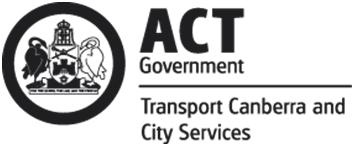 |
|
|
|
| 16:15 |
Closing Remarks By Forum Chairman |